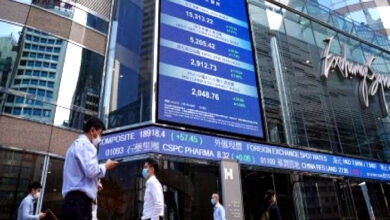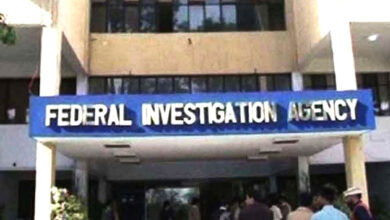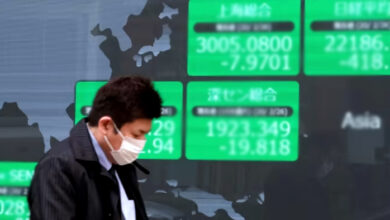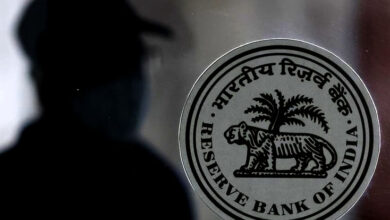Today, the State Bank of Pakistan is likely to increase interest rates.
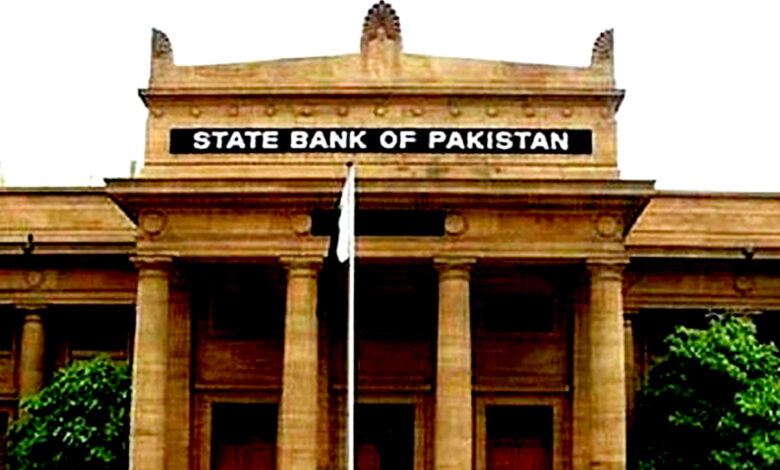
In order to maintain external and price stability, the State Bank of Pakistan (SBP) raised its benchmark interest rate by 250 basis points (bps) to 12.25 percent on April 7.
Pakistan’s central bank will meet today (Monday) to decide its key policy rate for the next six weeks. This is done to control inflation and economic growth.
Since September 2021, the SBP has raised the rate by 525 basis points to control inflation and bring down the current account deficit.
The Monetary Policy Committee (MPC) will meet for the first time to decide the key policy rate. The acting governor, Dr. Murtaza Syed, will be in charge.
The market anticipates a 100 basis point increase, bringing the rate to 13.25%, as the central bank seeks to combat high inflation and an anticipated increase in oil prices in order to restart the stalled multibillion-dollar International Monetary Fund (IMF) programme.
Some analysts believe that the monetary policy decision will not be as predictable as expected this time due to political and economic unpredictability at the global, regional, and national levels.
Given concerns, rising inflation, and a weakening currency, we expect the State Bank of Pakistan to raise the policy rate by 100 basis points, a Topline Securities analyst wrote in a research report.
“Since the last Monetary Policy Statement (MPS) in April, secondary market rates like T-Bill/KIBOR rates have gone up by about 200 basis points due to uncertainty about the removal of subsidies on gasoline and diesel and the continuation of the IMF program.”
In contrast, Treasury note cutoff rates declined for the first time in nearly a year at the most recent auction, falling 5–29 basis points to 14.49 percent, 14.70 percent, and 14.75 percent, respectively, for three, six, and twelve months.
Topline Research polled leading investment managers for their perspectives on the nation’s economic outlook.
54 percent expected a 100-bps increase, 14 percent expected a 150-bps increase, and 11 percent expected a 200-bps or greater increase.
Thirteen percent of participants expect a 50 basis point increase, while nine percent expect no change.
Pakistan’s economy is in a tough spot right now, with dwindling foreign exchange reserves, rising fiscal deficits, and a new government that can’t make up its mind about important economic policies.
“It will be crucial for the government to take the necessary reform steps, such as removing subsidies on gasoline and diesel, limiting imports, and enhancing tax collection. As noted by the analyst, this will pave the way for the resumption of the IMF program, which is currently stalled, and will lead to dollar flows that could reduce pressure on the currency and foreign exchange reserves in the future.
Inflation is anticipated to increase even further in the coming months. The rupee has lost approximately 10% of its value against the US dollar in the last two months, surpassing the 200 mark last week. lack of import cover for less than two months and delays in the IMF bailout have exerted significant pressure on the rupee.
Consumer price index (CPI) inflation is expected to reach 15 to 16 percent as a result of the weakening currency and record-high fiscal slippages, necessitating an interest rate hike of at least 100 basis points.

